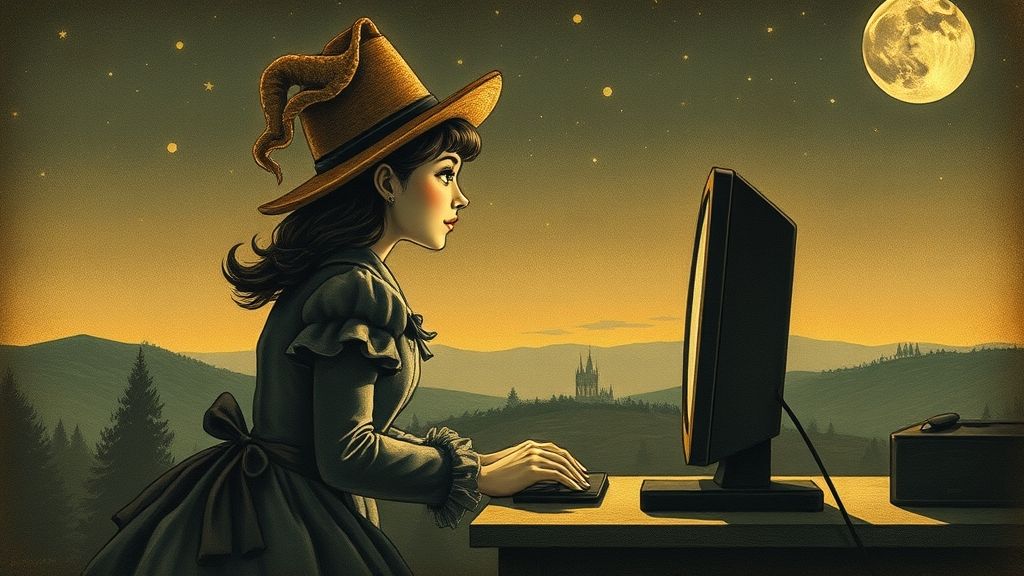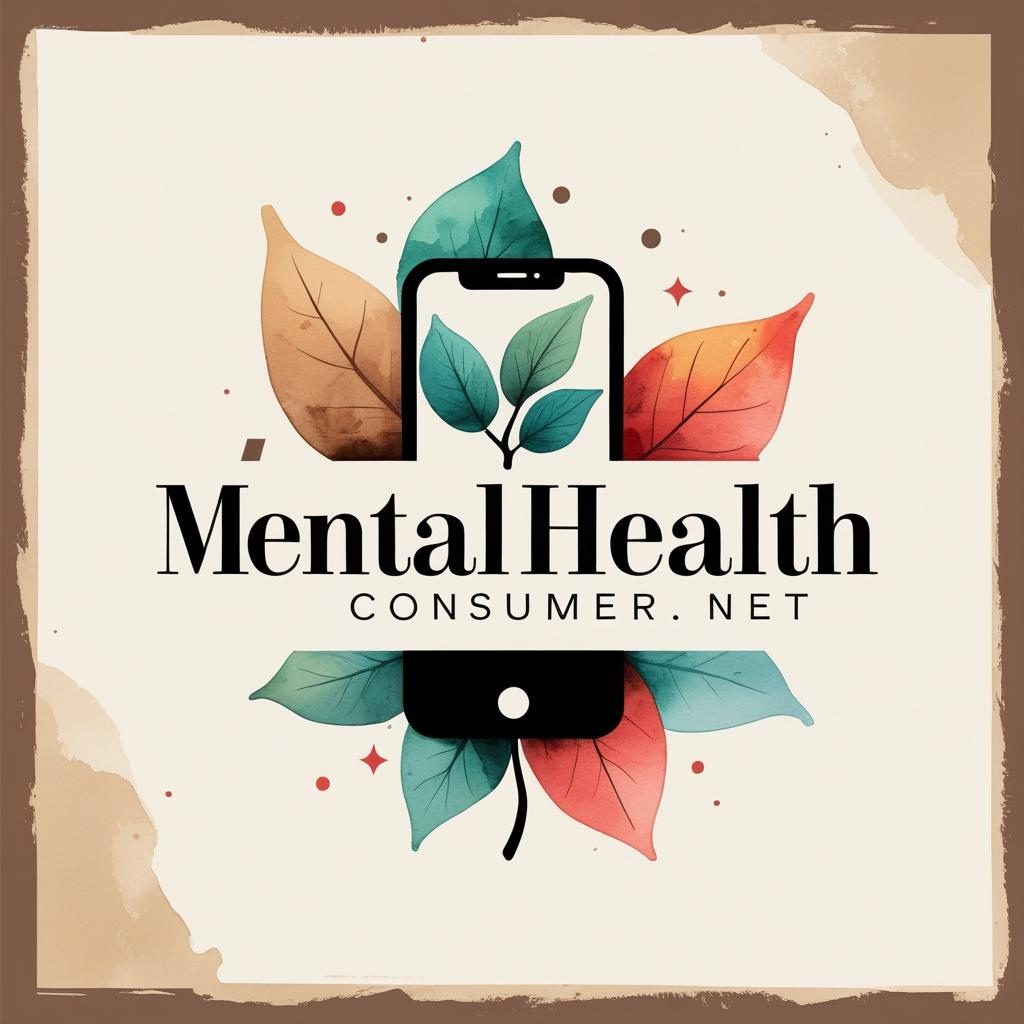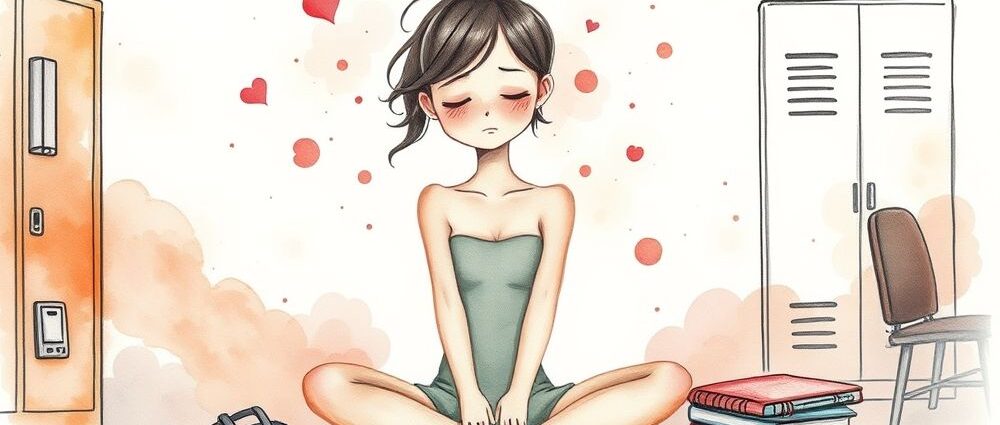Look, I’m not going to stand here and pretend I’m some enlightened digital monk who never got sucked into the Instagram rabbit hole at 2 AM. Trust me – I was that person refreshing Facebook every five minutes, getting genuinely stressed when a post didn’t get enough likes, and somehow convincing myself that watching someone’s vacation stories was “staying connected.”
But here’s the thing that hit me one random Tuesday morning: I realized I knew more about my college acquaintance’s breakfast choices than I did about my own goals for the week. That’s when it clicked – maybe it was time to quit social media for good.
If you’ve been feeling that same nagging voice in the back of your head wondering whether all this scrolling is actually worth it, you’re not alone. And honestly? The research backs up what a lot of us have been suspecting all along.
Your Brain Is Literally Being Hijacked (And It’s Not Your Fault)
Here’s something that’ll probably annoy you: social media platforms are designed to be addictive. I’m not being dramatic here – former Facebook executives have admitted they deliberately created dopamine loops to keep us hooked. It’s like having a tiny slot machine in your pocket that occasionally pays out with likes, comments, and that little rush of validation.
The average person checks their phone 96 times a day – that’s once every 10 minutes. Think about that for a second. We’re basically training our brains to expect constant interruption and stimulation. No wonder so many of us can’t focus on a book for more than five minutes without reaching for our phones.
A digital detox study from 2023 found that people who took a two-week break from social media saw improvements in sleep, stress levels, and overall life satisfaction. The crazy part? These benefits started showing up within just a few days.
But let’s get real about what actually happens when you step away from the endless scroll…
You’ll Rediscover What It Feels Like to Actually Sleep
I used to be one of those people who’d scroll through TikTok “just for a few minutes” before bed. Three hours later, I’d be watching someone make miniature food for hamsters, wondering how I got there and why my eyes felt like sandpaper.
Turns out, the blue light from screens messes with our circadian rhythms, but that’s just part of the problem. The bigger issue is that our brains stay activated when we’re consuming content right before trying to sleep. It’s like trying to fall asleep immediately after drinking espresso – your mind is still buzzing with all the random information you just absorbed.
When you quit social media, you naturally start winding down earlier. Without the option to mindlessly scroll, you might actually pick up that book you’ve been meaning to read, or just… sit with your thoughts for a minute. Wild concept, I know.
One study tracking young adults during a social media break found that participants fell asleep faster and reported better sleep quality within just one week. Makes sense when you think about it – your brain finally gets a chance to process the day instead of cramming in more input until the last second.
Your Relationships Will Actually Get Better (Yes, Really)
This one might sound counterintuitive since social media is supposed to help us “stay connected.” But here’s what I noticed: when I couldn’t just double-tap someone’s photo to show I cared, I actually had to put in real effort to maintain relationships.
Instead of getting a superficial update about someone’s life through their carefully curated posts, I found myself actually calling people. Having real conversations. Learning about the stuff that doesn’t make it into Instagram stories – like how someone’s really feeling about their job, or what they’re genuinely excited about.
Research from Colorado College found that face-to-face interactions are associated with stronger social ties than technology-based engagement. Shocking, right? But when was the last time you had a conversation that lasted more than exchanging memes?
When you quit social media, you’re forced to be more intentional about your relationships. You can’t just coast on the illusion of connection that comes from seeing someone’s breakfast photos. You have to actually show up.
And here’s something interesting – when you’re not constantly seeing everyone’s highlight reels, you stop comparing your behind-the-scenes to their edited performances. Your friendships become less about competition and more about actual connection.
You’ll Get Your Focus Back (And Your Productivity Will Skyrocket)
Remember when you could read an entire article without switching tabs? Or work on something for more than 20 minutes without feeling antsy? That wasn’t just because you were younger – it’s because your attention span hasn’t been fractured into tiny pieces by constant notifications and the urge to check what’s happening online.
The American Psychological Association found that multitasking – like switching between work and social media – can reduce productivity by up to 40%. Every time you get interrupted, it takes an average of 23 minutes to fully refocus on your original task.
When you quit social media, you eliminate one of the biggest sources of voluntary distraction in your life. Suddenly, that project you’ve been putting off doesn’t seem so overwhelming. You can actually sit down and get into flow states without your brain constantly wondering if anyone responded to your last post.
I’m not saying social media is the only thing preventing you from being productive – let’s be honest, there are plenty of other ways to procrastinate. But removing the constant temptation to check your feeds is like removing a major obstacle from your path.
You’ll Stop Living in Comparison Hell
This might be the biggest one for me. Social media has turned life into a weird competition where everyone’s trying to prove they’re living their best life. And the worst part? We all know everyone’s just posting their highlights, but we still can’t help comparing our messy reality to their polished presentations.
That friend who seems to have the perfect relationship? You’re not seeing their arguments about whose turn it is to do dishes. That influencer with the amazing body? You’re not seeing the hours of editing and the carefully chosen angles. But your brain doesn’t always remember that when you’re feeling inadequate at 11 PM while scrolling through other people’s successes.
A study published in the Healthcare Journal found that frequent social media use increases FOMO and feelings of inadequacy, especially among people aged 18-35. The constant exposure to other people’s carefully curated lives creates this background anxiety that you’re somehow not doing enough, not achieving enough, not happy enough.
When you step away from social media, you stop getting daily reminders of all the ways your life supposedly doesn’t measure up. Instead, you can focus on your own goals and progress without the constant distraction of everyone else’s highlight reel.

You’ll Have Time for Things That Actually Matter
This one’s pretty straightforward, but it’s worth stating: the average person spends over 2 hours a day on social media. That’s more than 700 hours a year – almost a full month of your life spent scrolling through other people’s content.
What could you do with an extra 2 hours every day? Learn a language, exercise, cook actual meals instead of surviving on takeout, spend time with people you care about, work on that side project you keep talking about, or just… exist without needing to document everything for an audience.
When you quit social media, you don’t just get your time back – you get your attention back. Without the constant pull to check your feeds, you become more present in whatever you’re doing. Meals taste better when you’re not photographing them. Conversations are more engaging when you’re not thinking about how to turn them into content.
The Withdrawal Is Real (But It Doesn’t Last Forever)
Let me be honest about something: the first few days after quitting social media can feel weird. You’ll probably reach for your phone automatically and feel a little lost when you remember there’s nothing to check. You might feel disconnected from what’s happening in your social circle, or worry that you’re missing important news.
This is completely normal. Social media triggers dopamine release, and when you suddenly stop getting those small hits throughout the day, your brain notices. Some people report feeling anxious or restless during the first week of a digital detox.
But here’s the thing – this feeling passes. Usually within a week or two, you stop automatically reaching for your phone. You find other ways to occupy those small moments of boredom. And most importantly, you realize that very little of what happens on social media is actually urgent or important enough to require immediate attention.
Starting Your Own Social Media Break
You don’t have to quit everything forever if that feels too extreme. Start small – maybe try a weekend without checking any social apps. Or commit to one week and see how you feel.
Some practical steps that helped me:
- Delete the apps from your phone (you can always redownload them)
- Turn off all social media notifications
- Find alternative activities for your usual scrolling times
- Let close friends know you’re taking a break so they can reach out directly
- Keep a journal about how you’re feeling during the break
The most important thing is being honest with yourself about why you want to take a break and what you hope to gain from it.
A Few Things to Keep in Mind
Social media isn’t inherently evil – it can be a useful tool for staying in touch with people, finding communities, and accessing information. The problem comes when it starts controlling more of your time and attention than you’d like.
Some people find that they can return to social media with better boundaries after a break. Others, like me, realize they’re happier without it entirely. There’s no right answer, just what works for your life and goals.
If you decide to return to social media after a break, consider being more intentional about how you use it. Unfollow accounts that make you feel bad about yourself, turn off notifications, and set specific times for checking instead of letting it be a constant background presence.
The Bottom Line
Look, I’m not here to convince you that life without social media is perfect. Sometimes I do miss seeing photos of friends’ kids or keeping up with people I care about but don’t talk to regularly. But for me, the trade-offs have been worth it.
Better sleep, deeper relationships, improved focus, less anxiety, and more time for things I actually care about? That seems like a pretty good deal.
If you’ve been wondering whether it’s time to quit social media, maybe the fact that you’re reading this article is your answer. You don’t have to commit to anything permanent – just try taking a break and see how it feels.
Your future self might thank you for it.
Questions People Actually Ask About Quitting Social Media
Will I lose touch with all my friends if I delete social media? Not if they’re actual friends. Real friendships survive without Instagram likes and Facebook comments. You might lose track of casual acquaintances, but the people who matter will find ways to stay in touch. Plus, when you do connect, the conversations tend to be way more meaningful than commenting “nice pic” on someone’s selfie.
How will I stay updated on news and current events without social media? Social media is actually a pretty terrible news source – it’s mostly sensationalized headlines and biased takes anyway. Try getting news from actual news websites, newsletters, or podcasts. You’ll be better informed and less stressed since you won’t be constantly bombarded with every outrage of the day.
What if I miss out on important life events like weddings or baby announcements? The really important stuff has a way of reaching you through other channels. Close friends and family will text, call, or email you about major life events. And honestly, do you really need to know about every acquaintance’s pregnancy announcement the second it happens?
Is it weird to have no social media presence as an adult? It’s becoming less weird every year. More people are either taking breaks or quitting entirely because they’re realizing it’s not actually improving their lives. You might get some curious looks at first, but most people are secretly jealous that you had the courage to step away.
How long should I try quitting social media before deciding if it’s right for me? Give it at least two weeks – that’s when most people start noticing the mental health benefits according to research. The first few days can feel uncomfortable just because you’re breaking a habit, but after a week or two you’ll have a better sense of how life feels without constant digital noise.
Will quitting social media hurt my career or business? Depends on your field, but probably not as much as you think. Most professional networking happens through LinkedIn, email, or in-person anyway. If your business depends heavily on social media marketing, you might need to find alternative strategies, but many successful people operate with minimal or no social media presence.
What should I do with all the extra time I’ll have after deleting social media apps? That’s the fun part – you get to rediscover what you actually enjoy doing. Maybe it’s reading, exercising, cooking, learning something new, or just having longer conversations with people. The first week might feel weird because you’re used to filling every spare moment with scrolling, but you’ll quickly find better ways to spend that time.



